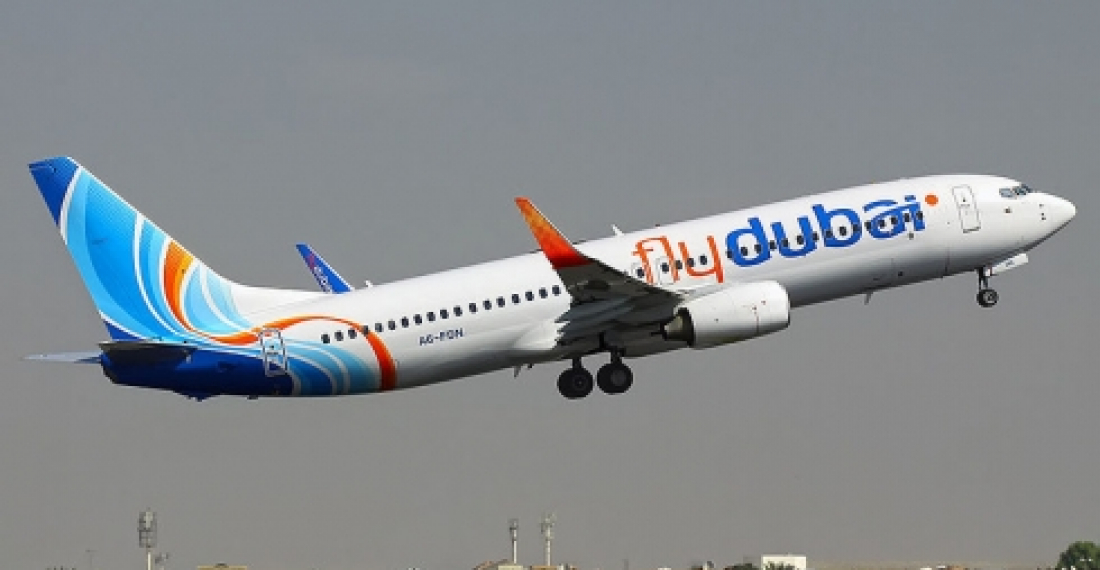Officials across the South Caucasus have expressed their condolences after a passenger plane crashed in the southern Russian city of Rostov-on-Don, killing everyone on board.
The preliminary list of names shared by Life News press agency indictated that all of the passengers on the plane, which was flying from Dubai, were Russian.
"I express my deep condolences to the FlyDubai passenger plane crash in southern Russian city of Rostov-on-Don, which caused the loss of dozens of human lives,” said Georgian President Giorgi Margvelashvili in a statement.
The Boeing 737-800 crashed short of the runway while landing at 03:50 local time (00:50 GMT) on Saturday.
Armenian and Azerbaijani officials, both of whom confirmed none of their nationals were killed in the incident, also expressed their condolences.







